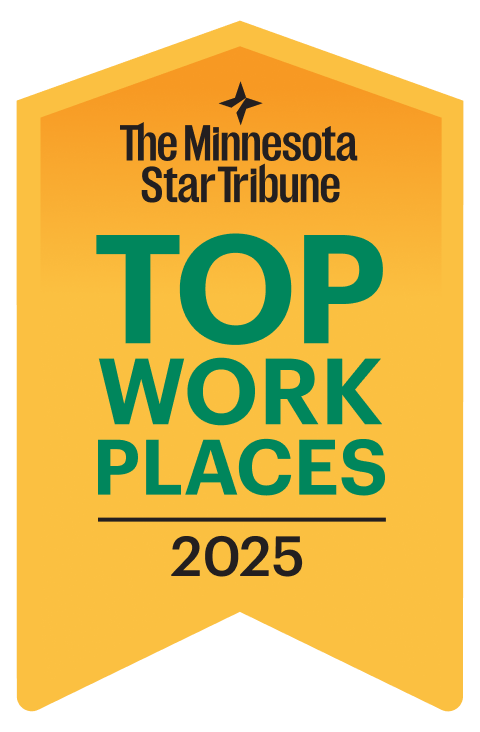At Christianson, the businesses we serve range in industry and business-type. The focus today is on Not-For-Profit entities. As a not-for-profit ... Continue Reading
Archives for December 2017
FSA vs. HSA – What’s the Difference?
It's that time of year again where businesses are looking for a competitive plan to keep their employees covered while individuals are looking for ... Continue Reading
Minimum Wage is Increasing
We want to keep all of our local clients in the loop when it comes to news that impacts their businesses. That being said, did you know that ... Continue Reading







